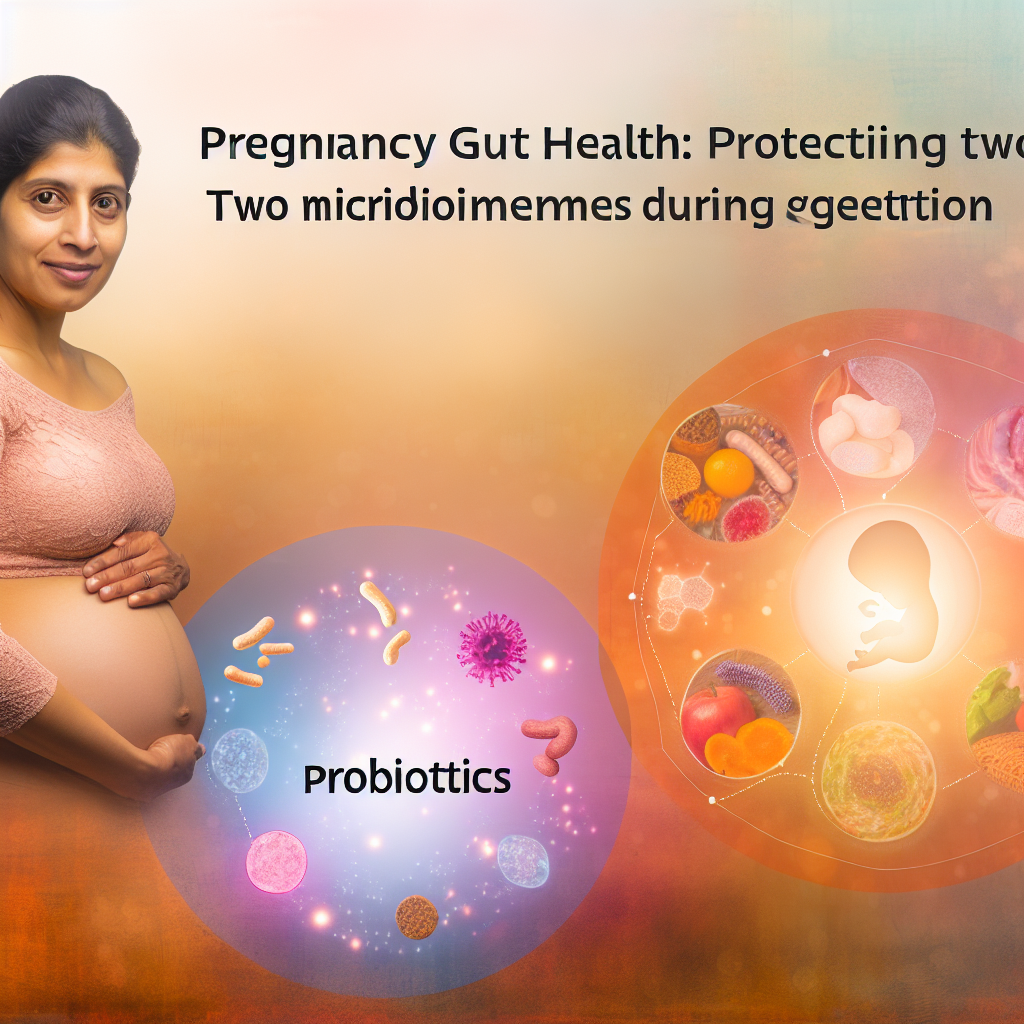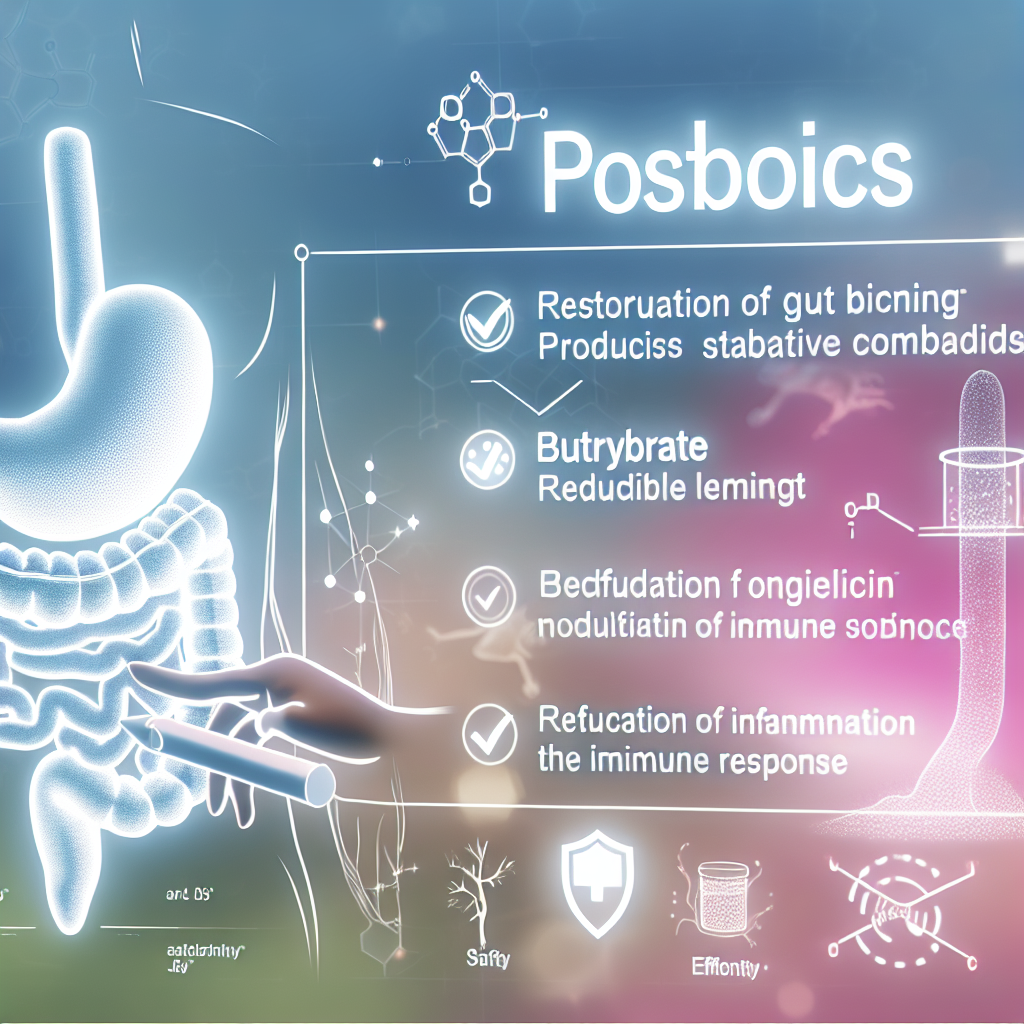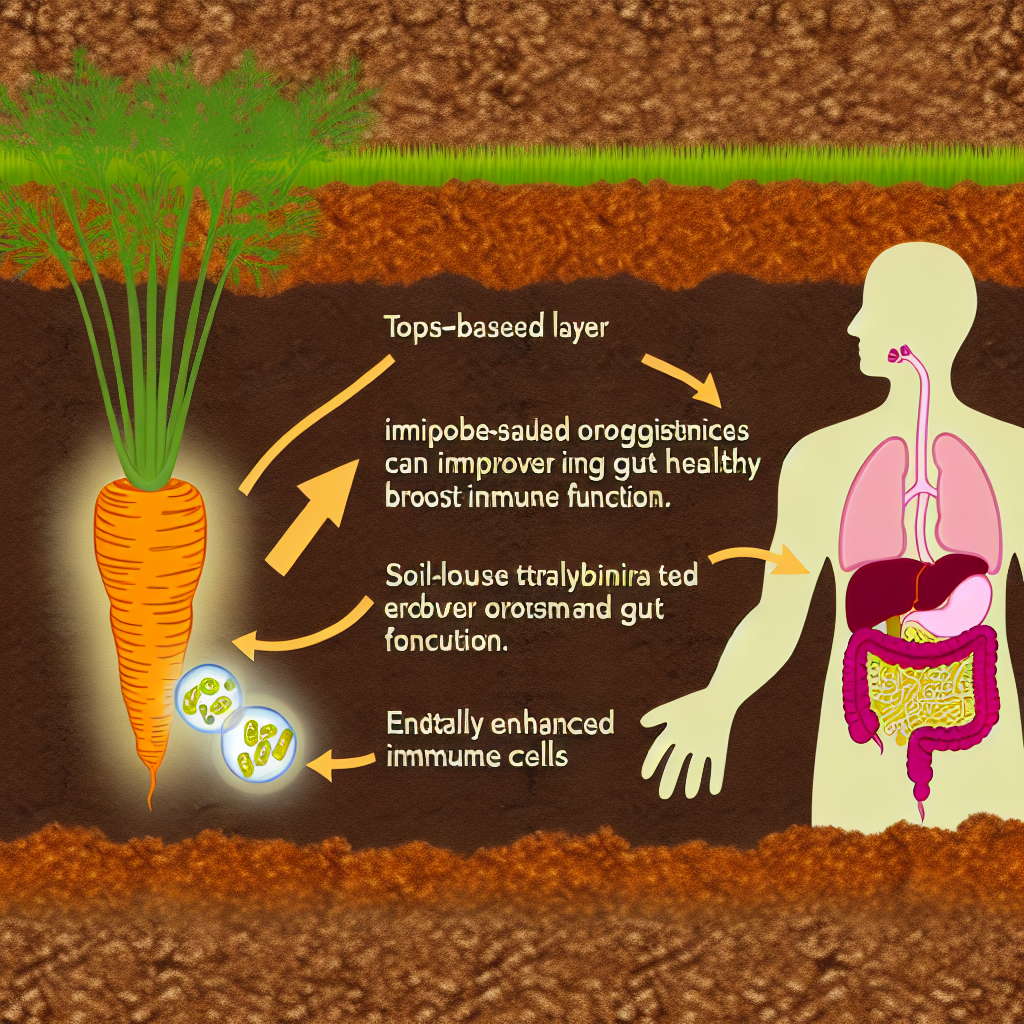Raw Food Diet Effects on Gut Microbiome
Introduction
The gut microbiome plays a crucial role in maintaining overall health, impacting digestion, immunity, and even mental well-being. This complex ecosystem of bacteria, fungi, and other microorganisms flourishes based on the foods we consume. As interest in natural healing and dietary influence on gut health grows, the raw food diet has emerged as a potential means to improve microbial diversity and digestion.
A raw food diet consists primarily of uncooked, unprocessed, and organic fruits, vegetables, nuts, seeds, and fermented foods. Proponents argue that this diet helps preserve essential enzymes, phytonutrients, and fiber—elements that are often diminished by cooking. Since fiber serves as a key prebiotic, feeding beneficial gut bacteria, a raw food diet could contribute positively to the balance of microbiota in the digestive system.
Scientific perspectives on raw food diets and gut health remain mixed. While some studies suggest increased microbial diversity and improved digestion, others warn about difficulties in nutrient absorption and potential imbalances in gut flora. Examining the relationship between raw food consumption and microbiome health is essential for individuals looking to optimize digestion and overall well-being.
A well-planned raw food diet includes foods rich in fiber, polyphenols, and naturally occurring probiotics that promote gut microbiota diversity. Foods such as raw leafy greens, fresh fruits, sprouted seeds, and fermented vegetables provide critical nourishment for beneficial microbes. Increased consumption of these foods may support a balanced and resilient gut environment, decreasing inflammation and reducing the risk of gastrointestinal conditions.
However, raw diets also come with potential downsides. Certain plant-based compounds, such as lectins and phytates, may interfere with mineral absorption or cause digestive discomfort in sensitive individuals. Additionally, those with preexisting gut disorders, such as irritable bowel syndrome (IBS) or small intestinal bacterial overgrowth (SIBO), may experience bloating or discomfort when increasing raw fiber intake too quickly.
Despite these concerns, emerging research indicates that a well-balanced raw food diet might contribute to improved gut microbial diversity, enhanced digestion, and reduced inflammation. Understanding the potential benefits and drawbacks of this diet will allow individuals to make informed choices about incorporating raw food principles into their overall gut health strategy.
Scientific Findings on Raw Diets and Gut Microbiome Health
Several scientific studies have explored how raw food consumption influences the gut microbiota, with findings highlighting both its benefits and challenges.
1. Raw Food Diet Increases Microbial Diversity
Research has consistently shown that plant-based diets promote higher microbiota diversity, which is associated with improved gut health. A 2014 study published in *Nature* examined microbiome differences in people following various diets, including plant-based and omnivorous diets. The study found that those consuming higher plant fiber had significantly greater microbial diversity compared to those eating a diet rich in processed foods and animal products (David et al., 2014). The raw food diet, being heavily fiber-based, has the potential to optimize bacterial diversity in a similar manner.
2. Raw Diets May Reduce Gut Inflammation
Studies indicate that raw diets, rich in phytonutrient-dense fruits and vegetables, promote anti-inflammatory microbial strains. Research published in *Gut Microbes* (2019) points to polyphenols—antioxidant compounds in raw plant foods—supporting the growth of beneficial gut microbes such as *Faecalibacterium prausnitzii*, which helps maintain intestinal health and reduce inflammation (Anhê et al., 2019).
3. Fermented Raw Foods Boost Gut Health Naturally
Fermented foods, often included in raw food diets, help introduce beneficial probiotics to the gut. A study in *Cell* (2021) found that consuming fermented foods like kimchi, sauerkraut, and raw dairy led to an increase in microbial diversity and a reduction in inflammatory markers (Wastyk et al., 2021). Including these fermented raw foods in a diet could further enhance the gut microbiome’s composition.
4. Potential Risks of a Raw Food Diet on Gut Health
While raw diets offer significant benefits, certain risks have also been documented. Some research suggests that excessive raw fiber consumption can cause bloating, diarrhea, or discomfort in sensitive individuals. A study in *The American Journal of Clinical Nutrition* (2005) found that excessive raw plant intake could interfere with nutrient absorption, particularly for people with preexisting digestive conditions (Koebnick et al., 2005). Careful dietary balancing is needed to maximize benefits while avoiding gastrointestinal distress.
Overall, raw food diets appear to positively influence microbiome diversity, gut inflammation, and microbial richness, but individual tolerance and nutritional adequacy should be carefully considered when implementing this diet.
Conclusion: Is a Raw Food Diet Right for Your Gut?
A raw food diet can influence gut microbiome health by increasing microbial diversity, reducing inflammation, and promoting beneficial bacteria growth through fiber and polyphenol consumption. Fermented raw foods further enhance these benefits by introducing probiotics, fostering gut balance. However, potential risks, such as digestive discomfort or nutrient absorption challenges, should be taken into account to prevent imbalances.
For those considering a raw food diet, a gradual integration of raw fruits, vegetables, nuts, and fermented foods may be the best approach to assessing personal gut tolerance. Consulting a healthcare provider or nutritionist can provide further guidance on optimizing gut health while ensuring nutritional needs are met. By understanding the nuanced effects of a raw food diet on gut microbiota, individuals can make informed decisions to foster long-term digestive health.
References
– David, L. A., Maurice, C. F., Carmody, R. N., et al. (2014). Diet rapidly and reproducibly alters the human gut microbiome. *Nature*, 505(7484), 559-563. [https://doi.org/10.1038/nature12820](https://doi.org/10.1038/nature12820)
– Anhê, F. F., Jensen, B. A. H., Varin, T. V., et al. (2019). Type 2 diabetes influences the composition of gut microbiota in a gender-specific manner: A study in mice. *Gut Microbes*, 10(4), 441-452. [https://doi.org/10.1080/19490976.2018.1526585](https://doi.org/10.1080/19490976.2018.1526585)
– Wastyk, H. C., Fragiadakis, G. K., Perelman, D., et al. (2021). Gut-microbiota-targeted diets modulate human immune status. *Cell*, 184(16), 4137-4153.e14. [https://doi.org/10.1016/j.cell.2021.06.019](https://doi.org/10.1016/j.cell.2021.06.019)
– Koebnick, C., Strassner, C., Hoffmann, I., et al. (2005). Consequences of a long-term raw food diet on body weight and menstruation: Results of a questionnaire survey. *The American Journal of Clinical Nutrition*, 72(4), 900-907. [https://doi.org/10.1093/ajcn/72.4.900](https://doi.org/10.1093/ajcn/72.4.900)
Summary:
The raw food diet, consisting of uncooked, unprocessed fruits, vegetables, nuts, seeds, and fermented foods, has been explored for its influence on gut microbiome health. Research suggests that raw diets can increase microbial diversity, reduce gut inflammation, and promote the growth of beneficial probiotic strains. However, potential risks such as digestive discomfort and nutrient absorption challenges should be considered. Gradual integration of raw foods and consulting with healthcare professionals can help individuals assess the suitability of a raw food diet for their gut health.

Dominic E. is a passionate filmmaker navigating the exciting intersection of art and science. By day, he delves into the complexities of the human body as a full-time medical writer, meticulously translating intricate medical concepts into accessible and engaging narratives. By night, he explores the boundless realm of cinematic storytelling, crafting narratives that evoke emotion and challenge perspectives.
Film Student and Full-time Medical Writer for ContentVendor.com




